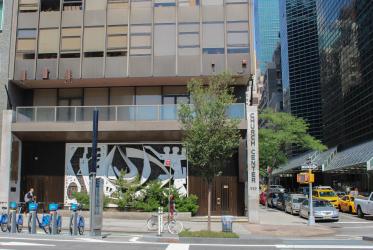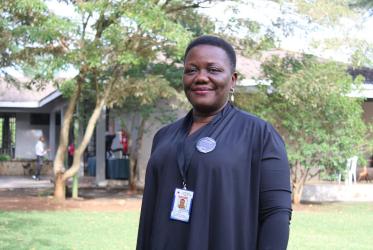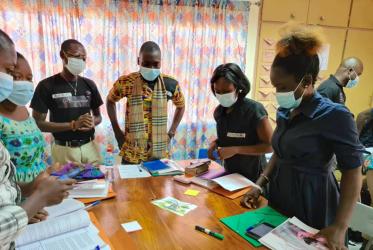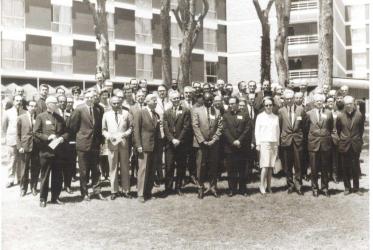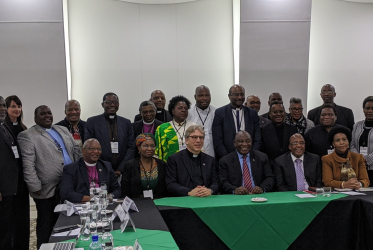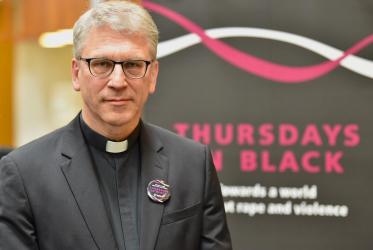Displaying 1 - 20 of 47
Beginning soon: 16 Days against Sexual and Gender-Based Violence
21 November 2023
À New York, l’esprit des Jeudis en noir fleurit
13 October 2022
In New York City, the spirit of Thursdays in Black is thriving
06 October 2022
WCC honoured with Geneva Engage Award
01 February 2022
"Out of the Shadows" toolkit now available in French and Spanish
20 January 2022
WCC delegation meets with South African President Ramaphosa
09 December 2019
Churches in southern Africa stand against violence, xenophobia
10 October 2019



